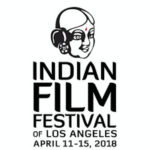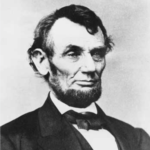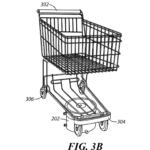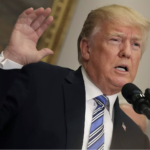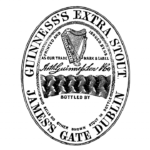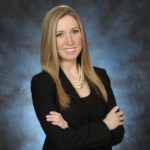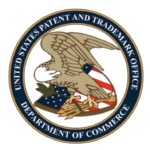Monkeys Can Sue But Not For Copyright Infringement Says Ninth Circuit
 The Court of Appeals for the Ninth Circuit recently ruled that an animal can potentially have constitutional standing to claim copyright infringement but that the Copyright Act does not expressly provide for such ability. While on a wildlife reserve in Sulawesi, Indonesia, wildlife photographer David Slater’s unattended camera was picked up and used by Naruto, a local monkey, to take several photographs of itself. These “monkey selfies” of the seven-year-old crested macaque later appeared in a book published by Slater and Wildlife Personalities, Ltd. This book identifies Slater and Wildlife Personalities as the copyright owners of these photographs. Subsequently, People for the Ethical Treatment of Animals (PETA) filed a complaint for copyright infringement, alleging Naruto to be the rightful author and owner of the “monkey selfies.” Defendants argued lack of standing, that is, that there is no statutory authority to bring a copyright infringement suit in the name of an animal. PETA originally sued as a “next friend,” a mechanism by which a third party can represent someone who is unable to represent themselves due to mental incapacity, lack of access, or other similar disability. The court found that since PETA and Naruto did not have the requisite “significant relationship,” PETA could not bring this suit on Naruto’s behalf. Instead, the court interpreted precedent in finding that animals can have standing if the relevant statute so provides. In this case, since the Copyright Act does not expressly authorize animals to file copyright infringement suits, Naruto lacks standing. #omnilegalgroup #copyright #monkeyselfies
The Court of Appeals for the Ninth Circuit recently ruled that an animal can potentially have constitutional standing to claim copyright infringement but that the Copyright Act does not expressly provide for such ability. While on a wildlife reserve in Sulawesi, Indonesia, wildlife photographer David Slater’s unattended camera was picked up and used by Naruto, a local monkey, to take several photographs of itself. These “monkey selfies” of the seven-year-old crested macaque later appeared in a book published by Slater and Wildlife Personalities, Ltd. This book identifies Slater and Wildlife Personalities as the copyright owners of these photographs. Subsequently, People for the Ethical Treatment of Animals (PETA) filed a complaint for copyright infringement, alleging Naruto to be the rightful author and owner of the “monkey selfies.” Defendants argued lack of standing, that is, that there is no statutory authority to bring a copyright infringement suit in the name of an animal. PETA originally sued as a “next friend,” a mechanism by which a third party can represent someone who is unable to represent themselves due to mental incapacity, lack of access, or other similar disability. The court found that since PETA and Naruto did not have the requisite “significant relationship,” PETA could not bring this suit on Naruto’s behalf. Instead, the court interpreted precedent in finding that animals can have standing if the relevant statute so provides. In this case, since the Copyright Act does not expressly authorize animals to file copyright infringement suits, Naruto lacks standing. #omnilegalgroup #copyright #monkeyselfies



